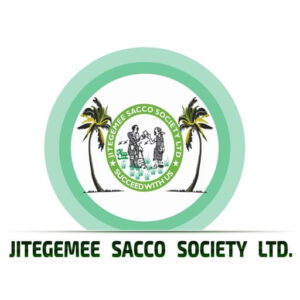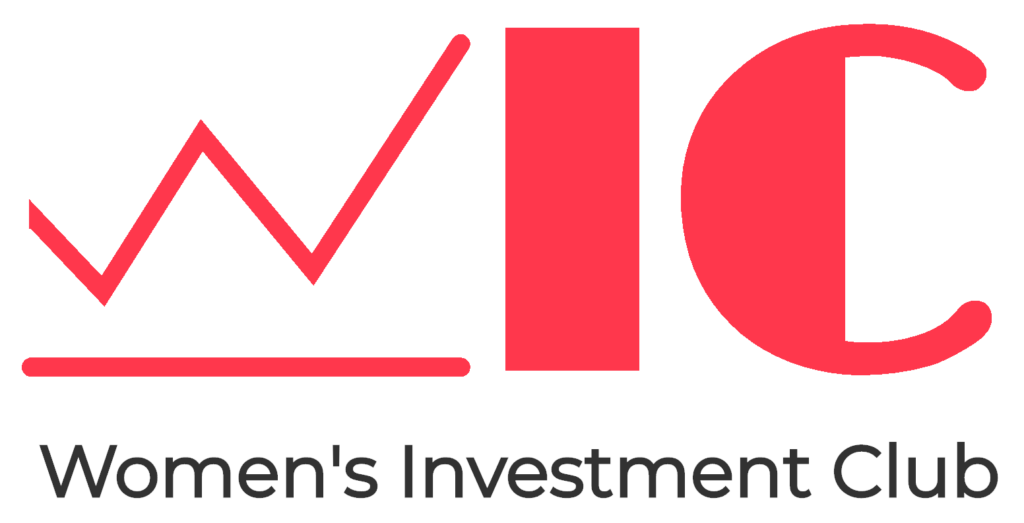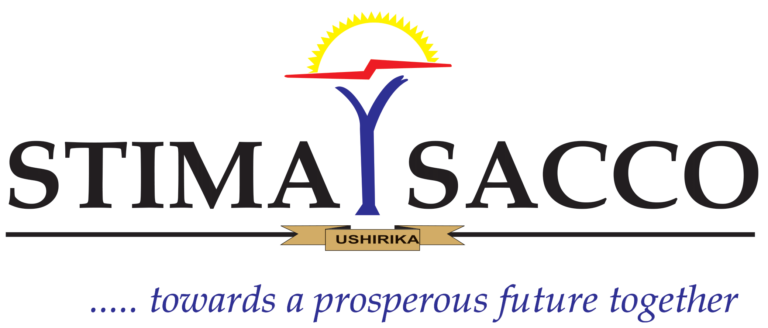
Studying successful SACCOs and Chamas provides valuable insights into their strategies, practices, and key success factors. In this article, we present case studies of six successful organizations from various regions, highlighting the lessons learned from their experiences. By examining these success stories, financial cooperative organizations can optimize their operations and increase their chances of success. These case studies offer concrete examples of effective practices and practical guidance for excelling in the financial cooperative sector. By embracing these lessons, organizations fortify their operations, elevate member satisfaction, and establish a foundation for long-term growth and sustainability.
Jitegemee SACCO
Based in Kenya, Jitegemee has achieved notable success due to its strong leadership and, more importantly, its robust governance structure. Additionally, the SACCO is fortunate to have competent and visionary leaders who provide strategic direction and ensure effective management practices. Furthermore, transparent decision-making, accountability, and regular training for both leaders and members have emerged as key lessons learned from Jitegemee SACCO’s experience.

The SACCO’s emphasis on transparency and accountability fosters an environment of trust and confidence among its members. By involving members in the decision-making process and providing them with clear insights into the SACCO’s operations, Jitegemee SACCO promotes a sense of ownership and active participation. Furthermore, regular training programs for leaders and members help enhance their skills, knowledge, and understanding of the SACCO’s objectives and operations.
The strong leadership and governance structure of Jitegemee SACCO contribute significantly to its stability and growth. Jitegemee SACCO’s experience emphasizes the significance of capable leaders, transparency, and continuous training for effective governance and sustainability.
Women’s Investment Club (WIC) Chama (Nigeria) – Member Education and Empowerment
The Women’s Investment Club (WIC) Chama focuses on empowering women through financial literacy and entrepreneurship training.Through workshops and mentoring, WIC Chama empowers members with knowledge and skills for informed financial decisions and entrepreneurship. Key lessons from WIC Chama, in particular, underscore the importance of member education, mentorship, and creating a supportive environment for women’s empowerment. Consequently, this fosters camaraderie among members and facilitates their journey towards financial independence.

Safaricom SACCO (Kenya) – Innovative Products and Services
Safaricom SACCO distinguishes itself through its innovative financial products and services that are specifically customized to meet the unique needs of its members. By harnessing mobile banking technology and collaborating with mobile network operators, Safaricom SACCO delivers convenient and easily accessible financial solutions. The SACCO’s success can be attributed to its adaptability to technological advancements and its commitment to designing products that cater to the evolving needs of its members. The lessons learned from Safaricom SACCO’s experience include the importance of staying abreast of developments and innovating to meet expectations. As a result, the SACCO has experienced notable growth and garnered high levels of member satisfaction.

Ecobank Cooperative Thrift and Credit Society (ETRACS) (Nigeria) – Strategic Partnerships and Collaboration
ETRACS has successfully established strategic partnerships with financial institutions and corporate organizations to expand its reach and enhance its services. By actively collaborating with these partners, ETRACS is able to provide its members with access to credit facilities, training programs, and investment opportunities. The experience of ETRACS highlights the importance of building strong partnerships and leveraging collective resources for mutual benefit. Through these strategic collaborations, the SACCO has not only improved offerings but also created valuable opportunities for its members. But also enables them to access a wider range of financial services and benefits.

Stima SACCO – Effective Risk Management
Stima SACCO has implemented robust risk management practices to ensure the financial stability of the organization. Specifically, through credit assessments,monitoring of loan repayments, and proactive risk management, Stima SACCO has gleaned valuable lessons from its success. By managing risks, the SACCO not only safeguards its own financial health but also protects the interests of its members. The implementation of timely interventions and proactive risk mitigation strategies further contributes to the long-term sustainability of Stima SACCO.It ensures the continued growth and prosperity.

Unity Cooperative (Cameroon) – Diversified Investment Portfolio
Unity Cooperative, based in the Cameroon, has achieved remarkable success by strategically adopting a diversified investment portfolio approach. It recognizes the importance of mitigating risks and maximizing returns.This cooperative intelligently allocates its investments across various asset classes. These are assets such as real estate, stocks, bonds, and small business loans. By diversifying its investment portfolio, Unity Cooperative minimizes exposure to market fluctuations.But it also generates sreturns over the long term. Moreover, this approach ensures the organization’s financial stability by reducing its reliance on any single investment category. With a well-diversified portfolio, Unity Cooperative effectively balances risk and reward.It positions for continued success in the ever-changing financial landscape.
The experience of Unity Cooperative offers valuable lessons to other SACCOs and Chamas. Firstly, diversification is crucial for mitigating the impact of market fluctuations. By not relying on a single investment avenue, organizations can shield themselves from the adverse effects of a downturn in any particular sector. Secondly, making prudent investment decisions is vital. Unity Cooperative carefully evaluates potential investments, considering factors such as risk, potential returns, and alignment with their strategic objectives.
Moreover, ongoing portfolio management is essential. Unity Cooperative continuously monitors and adjusts its investment portfolio to ensure it remains aligned with changing market conditions and goals. Regular reviews and adjustments enable organizations to optimize their returns and make informed investment decisions.
By emulating Unity Cooperative’s approach, SACCOs and Chamas can effectively enhance their financial performance and stability. Moreover, through diversification, prudent decision-making, and active portfolio management, these organizations can strategically position themselves to withstand economic uncertainties and capitalize on opportunities for growth. It’s crucial for financial cooperative organizations to recognize importance of diversifying their investment.They also learn to maximize returns while effectively managing risks.

Conclusion
The case studies of successful SACCOs and Chamas exemplify the importance of several key factors in attaining success and ensuring enduring sustainability. Notably, these factors encompass strong leadership, transparent governance, member education and empowerment, innovation, strategic partnerships, effective risk management, and diversification. By embracing these practices, SACCOs and Chamas can significantly enhance their likelihood of success.They can also elevate member satisfaction levels, and establish a firm footing for continuous growth.
However, it is important to note that these lessons should be adapted to the specific context and needs of each organization. There is no one-size-fits-all approach, and a member-centric approach should be maintained throughout the implementation of these practices.
By learning from the experiences of successful SACCOs and Chamas, organizations in the financial cooperative sector can gain valuable insights and strategies to overcome challenges, drive growth, and deliver valuable services to their members. Moreover, these case studies provide a roadmap for success, offering inspiration and guidance for organizations aiming to make a positive impact in their communities. By leveraging the lessons learned and adopting best practices, financial cooperative organizations can strengthen their operations. This will help to enhance member satisfaction, and contribute to the overall development of their communities.

